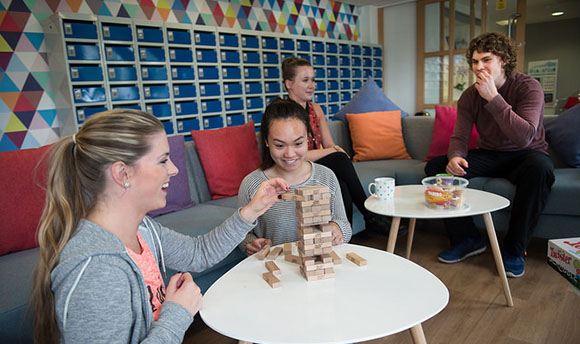At Queen Margaret University, we’ve been exploring how something as simple as a game of cricket can transform lives. Our latest research, funded by the British Academy, reveals how grassroots cricket clubs in northern and north-east Scotland are playing a vital role in helping young Afghan refugees settle into local communities.
Led by Helen Baillot and myself, the study highlights how cricket has become much more than a sport, it’s a lifeline for connection, wellbeing, and belonging. In towns and villages where opportunities for social interaction can be limited, the cricket pitch has become a shared space where young refugees and local players meet, play, and build friendships.
Scotland continues to welcome Afghan refugee people, but integration isn’t always straightforward. Language barriers, limited job opportunities, and cultural differences can make it hard to feel at home. Yet, our findings show that cricket clubs are offering much-needed structure, community, and joy. For many young Afghans, joining a local club has helped ease feelings of isolation and anxiety, replacing them with confidence and a sense of purpose.
Interestingly, the benefits extend both ways. Local cricket clubs have seen renewed energy and growth with the arrival of Afghan players. Funding has increased, and many clubs have introduced flexible, inclusive practices such as “pay-what-you-can” memberships and equipment donation schemes. These initiatives have helped strengthen the whole community.
Of course, challenges remain. Costs such as membership fees, kit, and travel can still be barriers to participation. However, support from organisations like Cricket Scotland and local councils has helped make the sport more accessible.
Our research makes a clear case for continued investment in community sports and for ensuring that refugee voices are represented in how these activities are organised. As we look ahead, we hope to see more initiatives like this - projects that show the power of sport not just to entertain, but to unite and heal.







